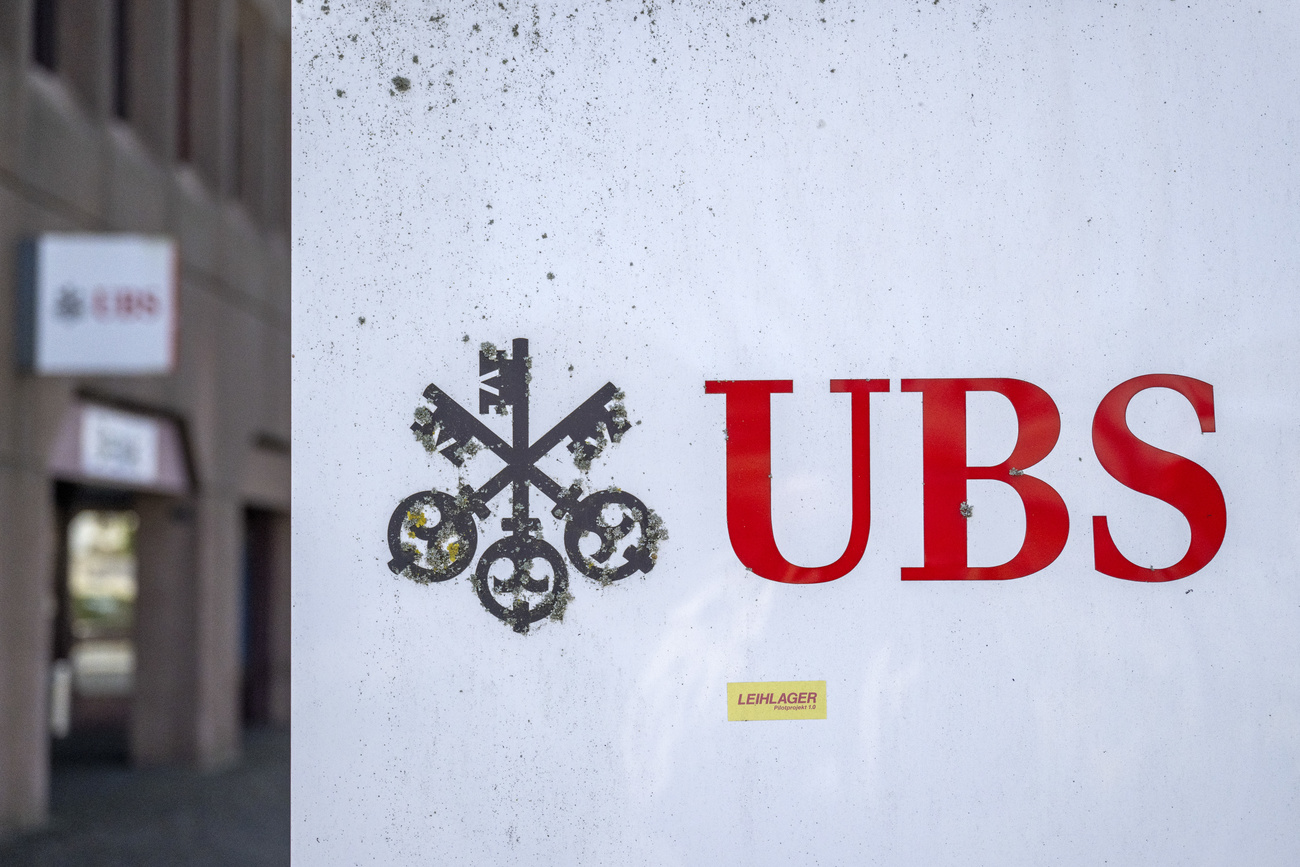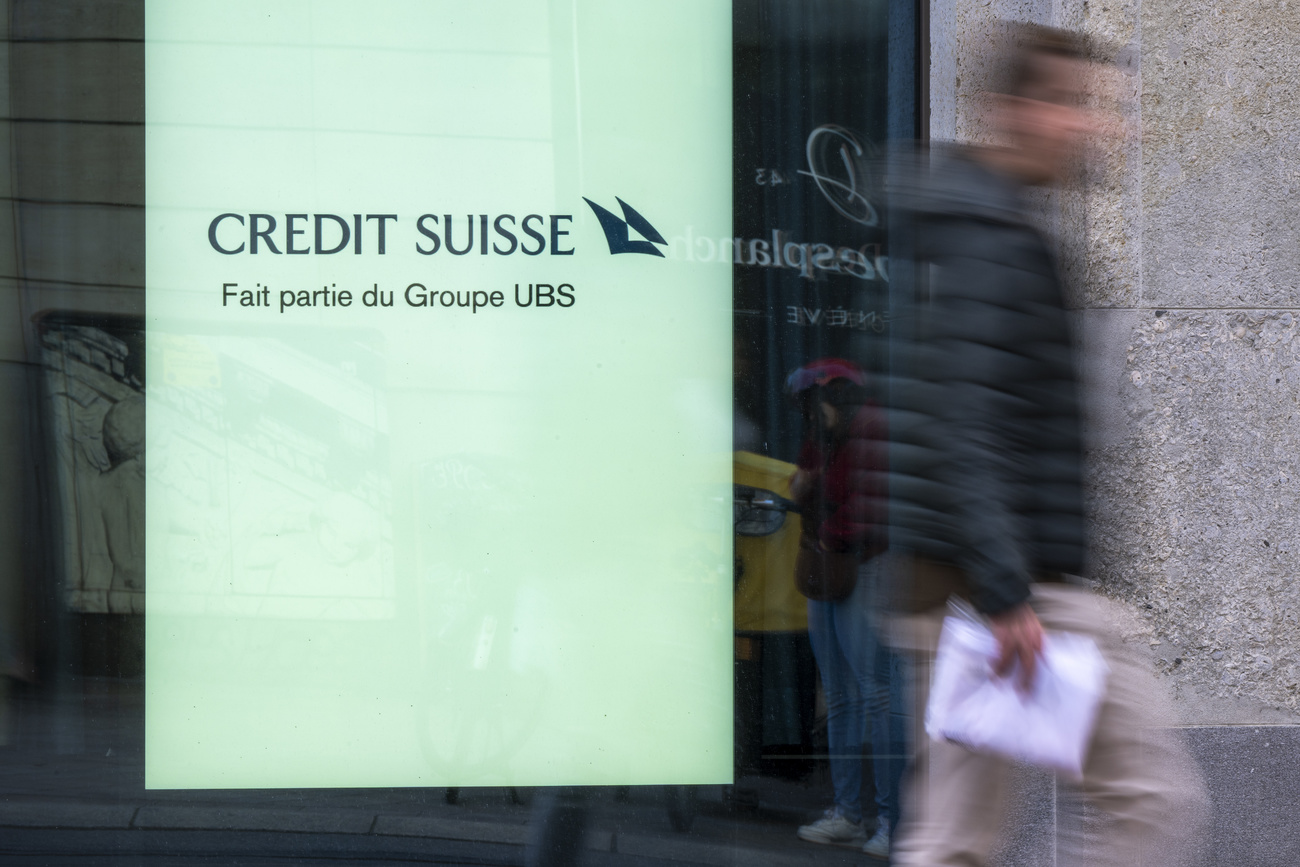
UBS must build up more equity, says Swiss government

In order to better protect taxpayers from the corporate failure of a systemically important bank in future, the Swiss government presented a catalogue of 22 measures for “too-big-to-fail” regulation on Wednesday. However, there is no single panacea, said Finance Minister Karin Keller-Sutter in an interview with the Schweiz am Sonntag newspaper.
Keller-Sutter emphasised the importance of the proposal that the Swiss parent companies of systemically important banks must in future back their foreign holdings with up to 100% equity. Currently, the capital adequacy requirement is 60%, she said.

More
How to tame UBS without making the bank toothless
UBS already has to build up additional equity capital because it has become much larger as a result of the Credit Suisse takeover, Keller-Sutter said. The Financial Market Authority has given UBS until 2030 to implement these progressive capital surcharges.
However, the capital for additional equity backing for the foreign subsidiaries is not part of this because the amount of backing required has not yet been determined, she said. “If this measure is implemented, UBS will have to build up more capital.” She said the exact amount would depend on UBS’s performance and the exact wording of the ordinance. “But we are talking about tangible, significant sums.”
‘Not a risk-free business’
Dividing up the bank, so a pure separation banking system, is an illusion and not necessarily less risky, Keller-Sutter believes. Lehman Brothers, for example, effectively operated only one business, investment banking, she said. “Nevertheless, its demise triggered a global financial crisis.”
“UBS’s main business is asset management. This is also not a risk-free business,” says Keller-Sutter, explaining that the government’s measures were aimed at limiting the specific risks.
Translated from German by DeepL/ts

More
Former Credit Suisse executives can keep bonuses
This news story has been written and carefully fact-checked by an external editorial team. At SWI swissinfo.ch we select the most relevant news for an international audience and use automatic translation tools such as DeepL to translate it into English. Providing you with automatically translated news gives us the time to write more in-depth articles.
If you want to know more about how we work, have a look here, and if you have feedback on this news story please write to english@swissinfo.ch.

In compliance with the JTI standards
More: SWI swissinfo.ch certified by the Journalism Trust Initiative

























You can find an overview of ongoing debates with our journalists here . Please join us!
If you want to start a conversation about a topic raised in this article or want to report factual errors, email us at english@swissinfo.ch.